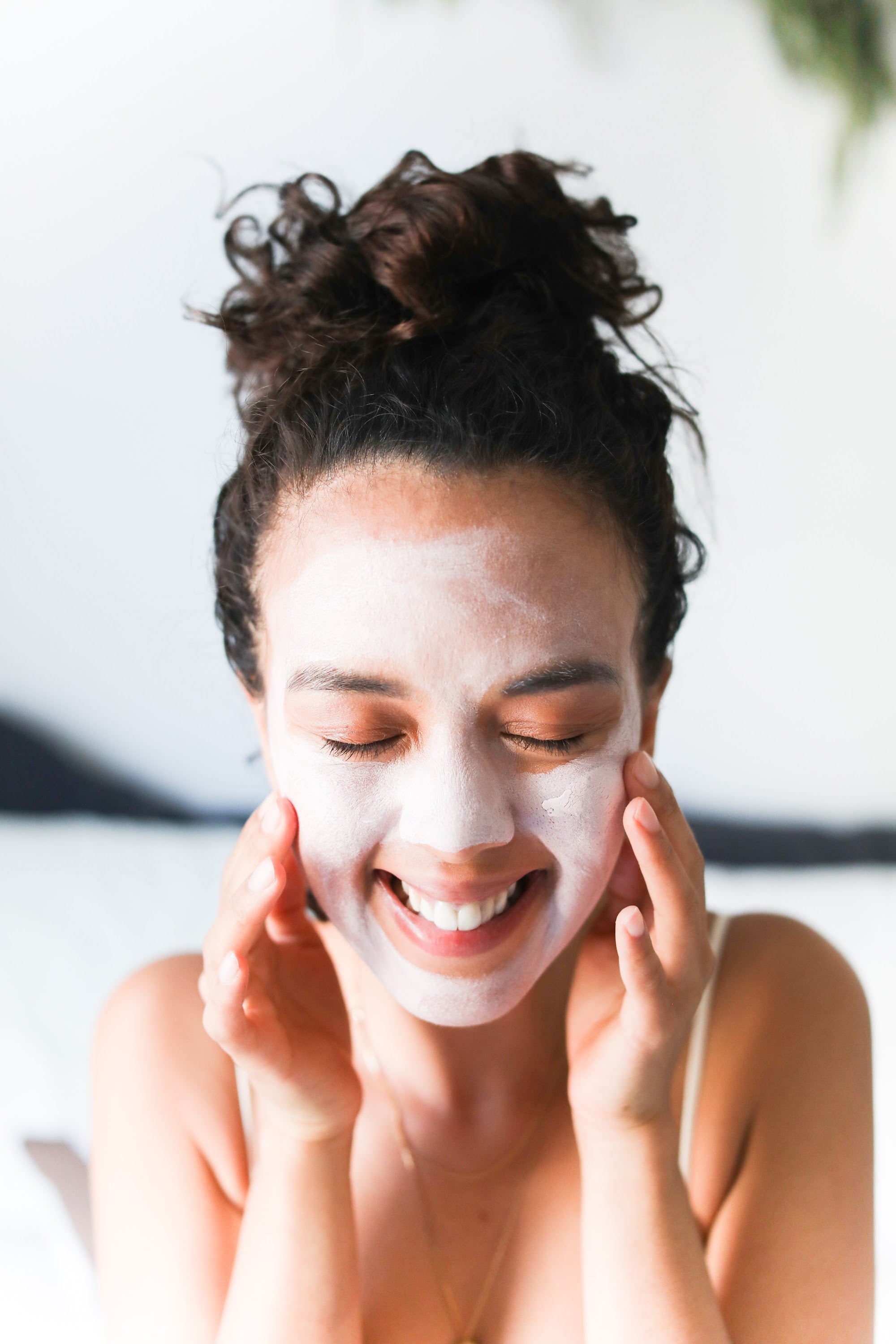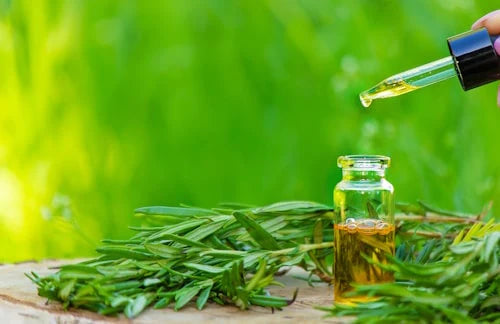
Fungal Acne Medications Side Effects: Unmasking the Impact
Dealing with fungal acne can be a persistent and sometimes challenging battle. Thankfully, there are effective medications available to help manage this condition. However, it's crucial to be aware of the potential side effects that can come with these treatments. In this comprehensive guide, we'll delve into the side effects of popular fungal acne medications, helping you make informed decisions about your treatment.
Ketoconazole:
Ketoconazole is a widely used antifungal medication available in various forms. Here are the potential side effects associated with each:
- Cream: Topical ketoconazole cream may lead to mild side effects such as skin irritation, redness, itching, or a slight burning sensation at the application site. These effects are usually short-lived and manageable.
- Shampoo: Ketoconazole shampoo is generally well-tolerated, but some individuals may experience scalp irritation, dryness, or a change in hair texture. Monitoring your response is essential.
- Tablets (Extina): Oral ketoconazole can have more significant side effects, including gastrointestinal disturbances, liver function irregularities, and hormonal imbalances. This form of ketoconazole is rarely prescribed for fungal acne due to these potential side effects. Always consult your healthcare provider.
Clotrimazole:
Topical clotrimazole cream may cause mild side effects, including skin irritation, itching, redness, or a slight burning sensation at the application site. These effects are typically mild and transient.
Ciclopirox:
Ciclopirox comes in both cream and shampoo forms. The potential side effects include:
- Cream: Topical ciclopirox cream can result in mild skin irritation, redness, itching, or a slight burning sensation at the application site. These side effects are generally mild and short-lived.
- Shampoo: Ciclopirox shampoo can, on occasion, lead to scalp irritation, dryness, or changes in hair texture.
Fluconazole (Diflucan)
Oral fluconazole may cause side effects such as nausea, vomiting, diarrhea, headaches, and abdominal discomfort. In rare cases, it can lead to more significant issues like liver function abnormalities and skin reactions. Always use fluconazole under the guidance of a healthcare professional.
Itraconazole (Sporanox)
Oral itraconazole might result in side effects such as gastrointestinal disturbances, headaches, dizziness, and changes in taste perception. In some instances, it could affect liver function, and heart rhythm, and lead to allergic reactions. Communicate any concerns with your healthcare provider.
Remember that not everyone will experience these side effects, and their severity can vary. In the journey to combat fungal acne, understanding the potential side effects of these medications is an essential step toward achieving healthier skin.
Treating Fungal Acne Naturally
While prescription medications undoubtedly offer highly effective solutions for fungal acne, While prescription medications undoubtedly offer highly effective solutions for fungal acne, it's important to recognize that some individuals prefer to explore natural remedies as a gentler or complementary means of managing this skin condition. It's worth noting, however, that natural treatments may have varying degrees of effectiveness when compared to medical interventions.
Here, we explore some natural approaches to consider:
- Tea Tree Oil: The Natural Antifungal Hero
Tea tree oil, derived from the leaves of the Australian tea tree (Melaleuca alternifolia), is renowned for its natural antifungal and antibacterial properties. To use it effectively, dilute tea tree oil with a suitable carrier oil, such as coconut or jojoba oil, and gently apply it to the affected areas. It's crucial to exercise caution with tea tree oil, as it can be harsh on the skin when not properly diluted. Always perform a patch test beforehand to determine your skin's sensitivity.
- Apple Cider Vinegar: Regulating Malassezia Growth
Apple cider vinegar is celebrated for its antifungal properties and may assist in controlling the growth of Malassezia yeast. To utilize it, mix equal parts apple cider vinegar with water and apply the solution to the affected areas using a cotton ball. Rinse it off after a few minutes to reap its benefits.
- Aloe Vera: Nature's Soothing Agent
Aloe vera gel, known for its soothing and anti-inflammatory properties, can offer respite from inflammation and discomfort. Apply a thin layer of pure aloe vera gel to the affected areas to experience its calming effects.
- Coconut Oil: A Natural Moisturizer with Antifungal Properties
Some individuals find that employing coconut oil as a moisturizer can be particularly helpful. Coconut oil naturally harbors antifungal properties, although it's essential to use it sparingly, as it can be comedogenic for certain individuals.
- Gentle Cleansing: The Foundation of Skin Health
Maintaining clean, pH-balanced skin is pivotal in addressing fungal acne naturally. Utilize a gentle cleanser that suits your skin type to ensure the affected areas stay clean and healthy. Avoid harsh or abrasive cleansers, as they can lead to skin irritation.
- Probiotics: Nurturing Skin Microbiome
Probiotics, whether obtained through foods like yogurt or dietary supplements, can play a vital role in sustaining a healthy balance of microorganisms on the skin. A balanced microbiome holds the potential to deter fungal overgrowth and encourage a harmonious complexion.
- Dietary Adjustments: Cutting Back on Sugars
Making dietary adjustments can be an impactful part of managing fungal overgrowth. By reducing your intake of sugary and high-glycemic foods, you may contribute to maintaining a balanced diet that supports overall skin health.
- Stress Reduction: The Path to Serene Skin
Stress is a well-known exacerbator of skin conditions, including fungal acne. Engaging in stress-reduction techniques such as meditation, yoga, or regular exercise can be a vital part of your skincare routine. Not only does this promote clear skin, but it also fosters holistic well-being.
- Stay Dry and Cool: Minimizing Sweat and Humidity
Avoiding tight-fitting clothing and keeping to climate-controlled environments can help minimize the factors that exacerbate fungal acne, such as sweating and high humidity.
Incorporating these natural approaches into your skincare routine can offer a gentle yet effective way to address fungal acne. While these remedies can be effective for some, it's important to remember that everyone's skin is unique.






